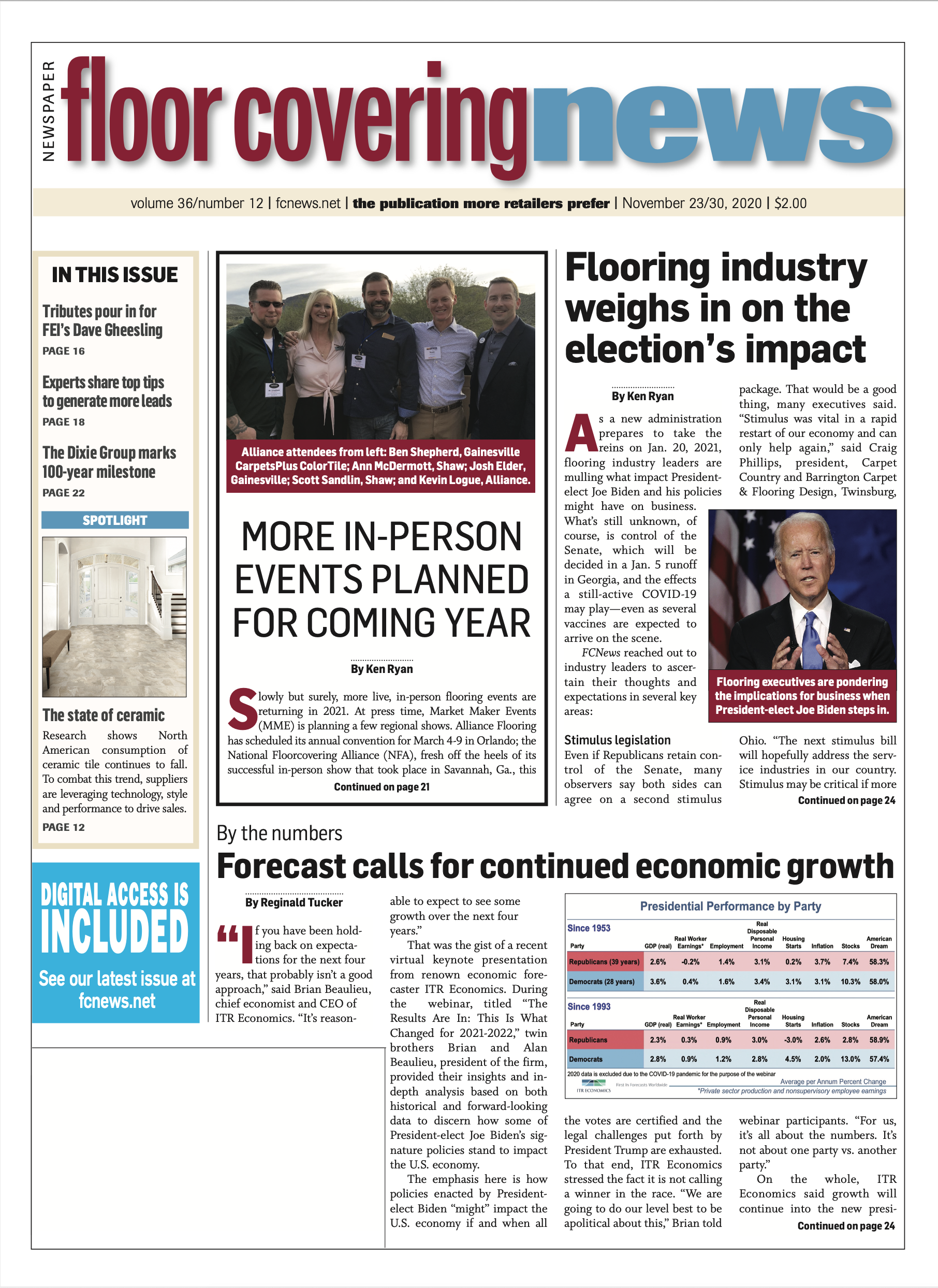By Roman Basi
 The Small Business Administration (SBA) recently released three new guidelines addressing some of the most frequently asked questions regarding Paycheck Protection Program (PPP) loans, which were provided to small businesses as a response to the economic losses due to COVID-19-related shutdowns. PPP borrowers can qualify to have the loans forgiven if the proceeds are used to pay certain eligible costs.
The Small Business Administration (SBA) recently released three new guidelines addressing some of the most frequently asked questions regarding Paycheck Protection Program (PPP) loans, which were provided to small businesses as a response to the economic losses due to COVID-19-related shutdowns. PPP borrowers can qualify to have the loans forgiven if the proceeds are used to pay certain eligible costs.
On Aug. 8, the program stopped accepting new applications even though almost $134 billion of congressionally approved funds remained unspent. Now, most businesses are focusing on applying for forgiveness, which is all but guaranteed so long as 60% of the forgiven amount was used for payroll purposes.
On Oct. 5, the SBA announced new guidance that described the procedures requiring a change of ownership of an entity that has received PPP funds. The SBA procedural notice, which was addressed to SBA employers and PPP lenders, described when a change in ownership has occurred and the duties of a PPP borrower continue regardless of the ownership change. Notwithstanding any ownership change, the PPP borrower still remains responsible for performance of all obligations under the PPP loan. The SBA must be notified within five days of any transaction by the PPP lender. The lender is also required to continue submitting the monthly 1502 reports until the PPP loan is fully satisfied.
On Oct. 7, the SBA released guidance clarifying the deferral period for PPP loan payments. Prior to the passage of the Paycheck Protection Program Flexibility Act of 2020, the deferral period for PPP loan payments was set at six months. However, the Flexibility Act extended the deferral period for borrower payments of principal, interest and fees on all PPP loans to the date that SBA remits the borrower’s loan forgiveness amount to the lender. Under the updated guidance, PPP lenders are required to give immediate effect to the statutory extension and must notify all borrowers of the change.
On Oct. 9, the SBA released an interim final rule (IFR) that provided almost instant relief for more than 3.5 million businesses. If their PPP loan was for $50,000 or less, businesses are exempt from any reductions in forgiveness based on either: reductions in full-time equivalent employees; or reductions in employee salaries or wages.
Small businesses that fit in this category may apply for forgiveness using SBA Form 3508S. The new rule speeds up the forgiveness process for PPP borrowers of $50,000 or less because they will not be required to perform potentially complicated FTE or salary reduction calculations. Borrowers of $50,000 or less will still have to make some certifications and provide documentation to the lender for payroll and non-payroll costs.
In its explanation, the SBA points out that borrowers may submit a loan forgiveness application any time before the maturity date of the loan, which is either two or five years from the loan’s origination, depending on the borrower’s agreement. But the SBA also reminds borrowers that loan payments are deferred only until 10 months after the last day of each borrower’s loan forgiveness covered period.
Guidance with regards to PPP loans seems to be rapidly changing. However, most if not all of these changes have been beneficial to small businesses.
Roman Basi is an attorney and CPA with the firm Basi, Basi & Associates at the Center for Financial, Legal & Tax Planning. He writes frequently on issues facing business owners.

